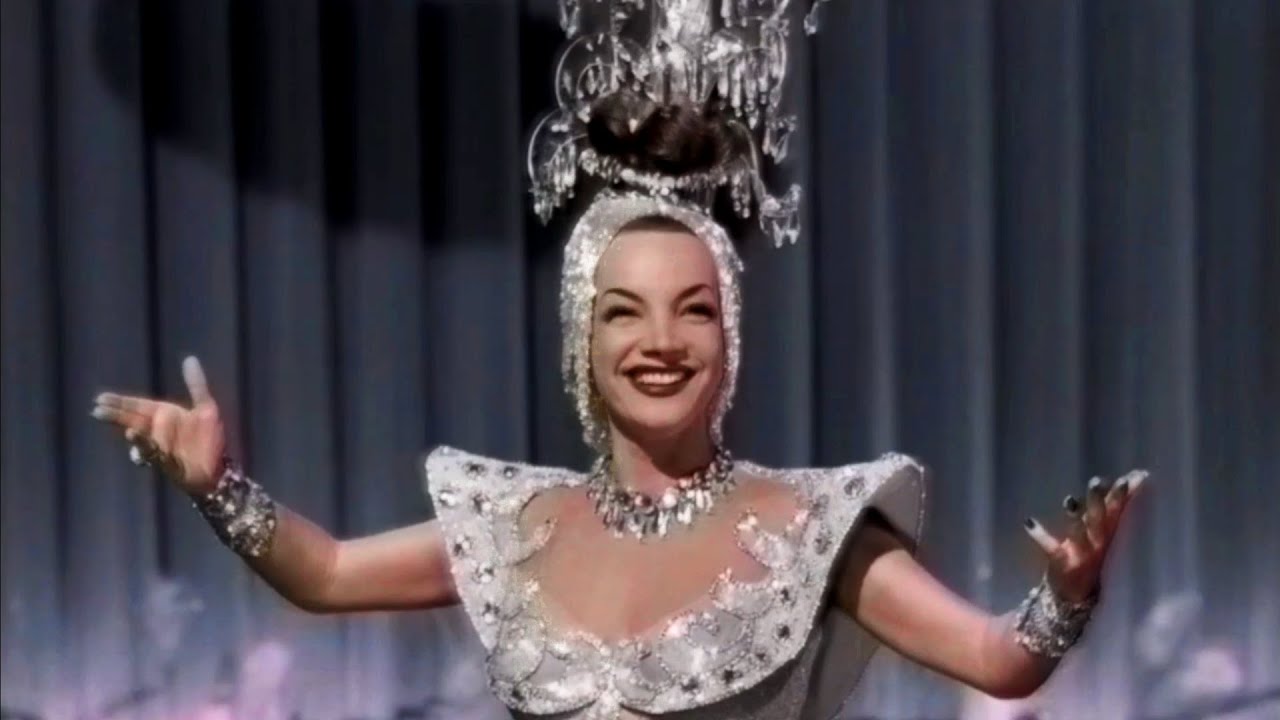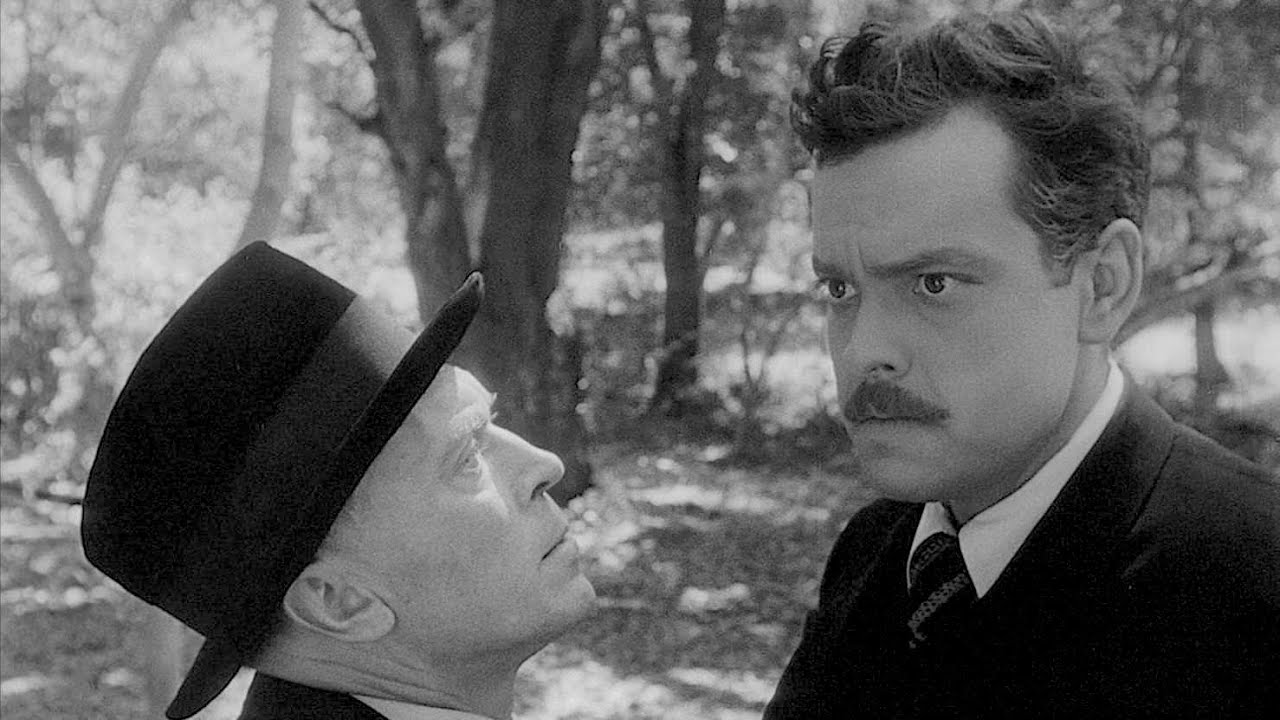Wittgenstein’s Ladder
by David Lehman
“My propositions serve as elucidations in the following way:
anyone who understands them eventually recognizes them as
nonsensical, when he has used them – as steps – to climb
up beyond them. (He must, so to speak, throw away the ladder
after he has climbed up it.)” – Ludwig Wittgenstein, Tractatus
The first time I met Wittgenstein, I was
late. “The traffic was murder,” I explained.
He spent the next forty-five minutes
analyzing this sentence. Then he was silent.
I wondered why he had chosen a water tower
for our meeting. I also wondered how
I would leave, since the ladder I had used
to climb up here had fallen to the ground.
Wittgenstein served as a machine-gunner
in the Austrian Army in World War I.
Before the war he studied logic in Cambridge
with Bertrand Russell. Having inherited
his father’s fortune (iron and steel), he
gave away his money, not to the poor, whom
it would corrupt, but to relations so rich
it would not thus affect them.
On leave in Vienna in August 1918
he assembled his notebook entries
into the Tractatus, Since it provided
the definitive solution to all the problems
of philosophy, he decided to broaden
his interests. He became a schoolteacher,
then a gardener’s assistant at a monastery
near Vienna. He dabbled in architecture.
He returned to Cambridge in 1929,
receiving his doctorate for the Tractatus,
“a work of genius,” in G. E. Moore’s opinion.
Starting in 1930 he gave a weekly lecture
and led a weekly discussion group. He spoke
without notes amid long periods of silence.
Afterwards, exhausted, he went to the movies
and sat in the front row. He liked Carmen Miranda.
He would visit Russell’s rooms at midnight
and pace back and forth “like a caged tiger.
On arrival, he would announce that when
he left he would commit suicide. So, in spite
of getting sleepy, I did not like to turn him out.” On
such a night, after hours of dead silence, Russell said,
“Wittgenstein, are you thinking about logic or about
yours sins?” “Both,” he said, and resumed his silence.
Philosophy was an activity, not a doctrine.
“Solipsism, when its implications are followed out
strictly, coincides with pure realism,” he wrote.
Dozens of dons wondered what he meant. Asked
how he knew that “this color is red,” he smiled
and said, “because I have learnt English.” There
were no other questions. Wittgenstein let the
silence gather. Then he said, “this itself is the answer.”
Religion went beyond the boundaries of language,
yet the impulse to run against “the walls of our cage,”
though “perfectly, absolutely useless,” was not to be
dismissed. A. J. Ayer, one of Oxford’s ablest minds,
was puzzled. If logic cannot prove a nonsensical
conclusion, why didn’t Wittgenstein abandon it,
“along with the rest of metaphysics, as not worth
serious attention, except perhaps for sociologists”?
Because God does not reveal himself in this world, and
“the value of this work,” Wittgenstein wrote, “is that
it shows how little is achieved when these problems
are solved.” When I quoted Gertrude Stein’s line
about Oakland, “there’s no there there,” he nodded.
Was there a there, I persisted. His answer: Yes and No.
It was as impossible to feel another’s person’s pain
as to suffer another person’s toothache.
At Cambridge the dons quoted him reverently.
I asked them what they thought was his biggest
contribution to philosophy. “Whereof one cannot
speak, thereof one must be silent,” one said.
Others spoke of his conception of important
nonsense. But I liked best the answer John
Wisdom gave: “His asking of the question
`Can one play chess without the queen?'”
Wittgenstein preferred American detective
stories to British philosophy. He liked lunch
and didn’t care what it was, “so long as it was
always the same,” noted Professor Malcolm
of Cornell, a former student, in whose house
in Ithaca Wittgenstein spent hours doing
handyman chores. He was happy then.
There was no need to say a word.



